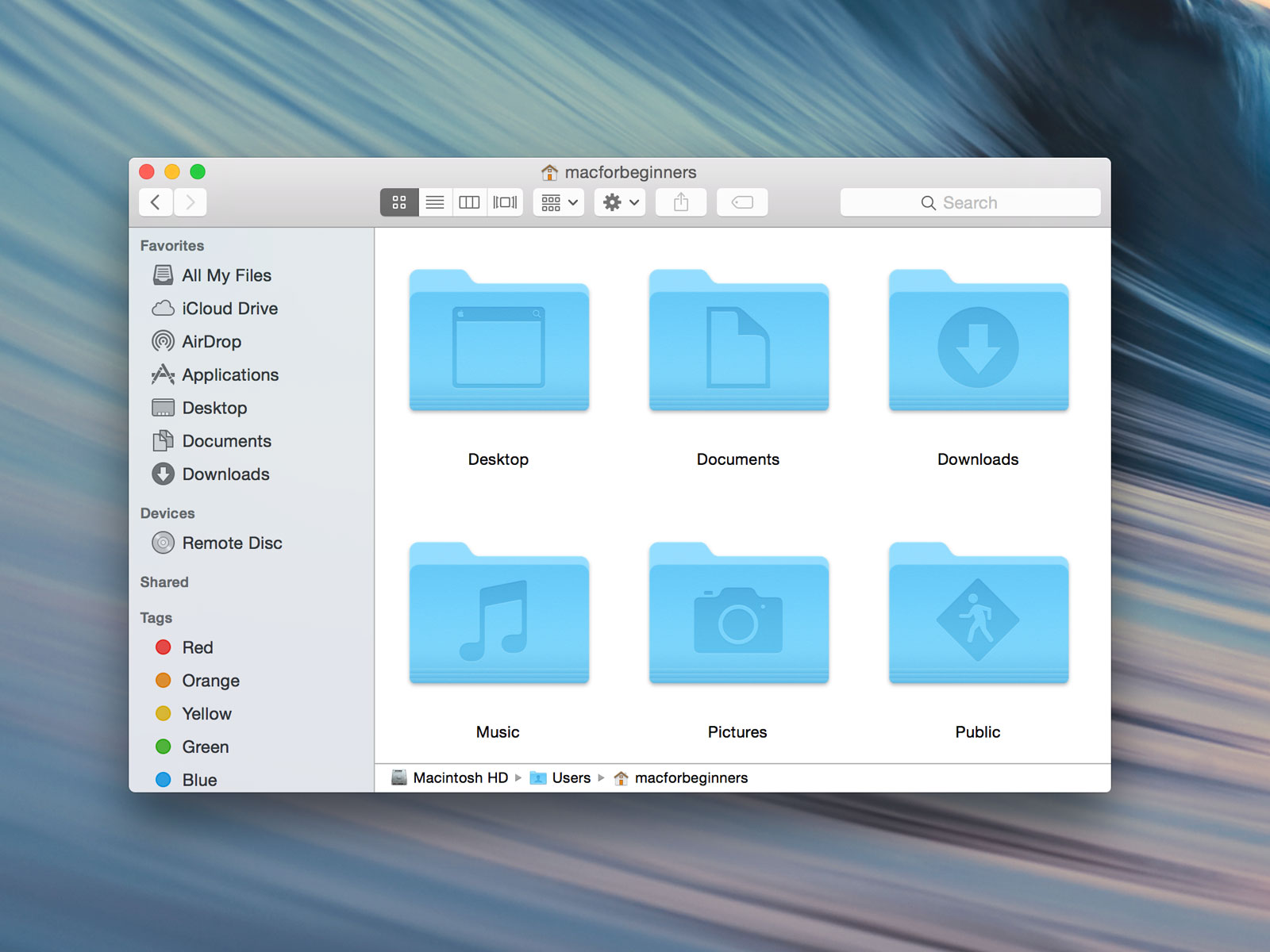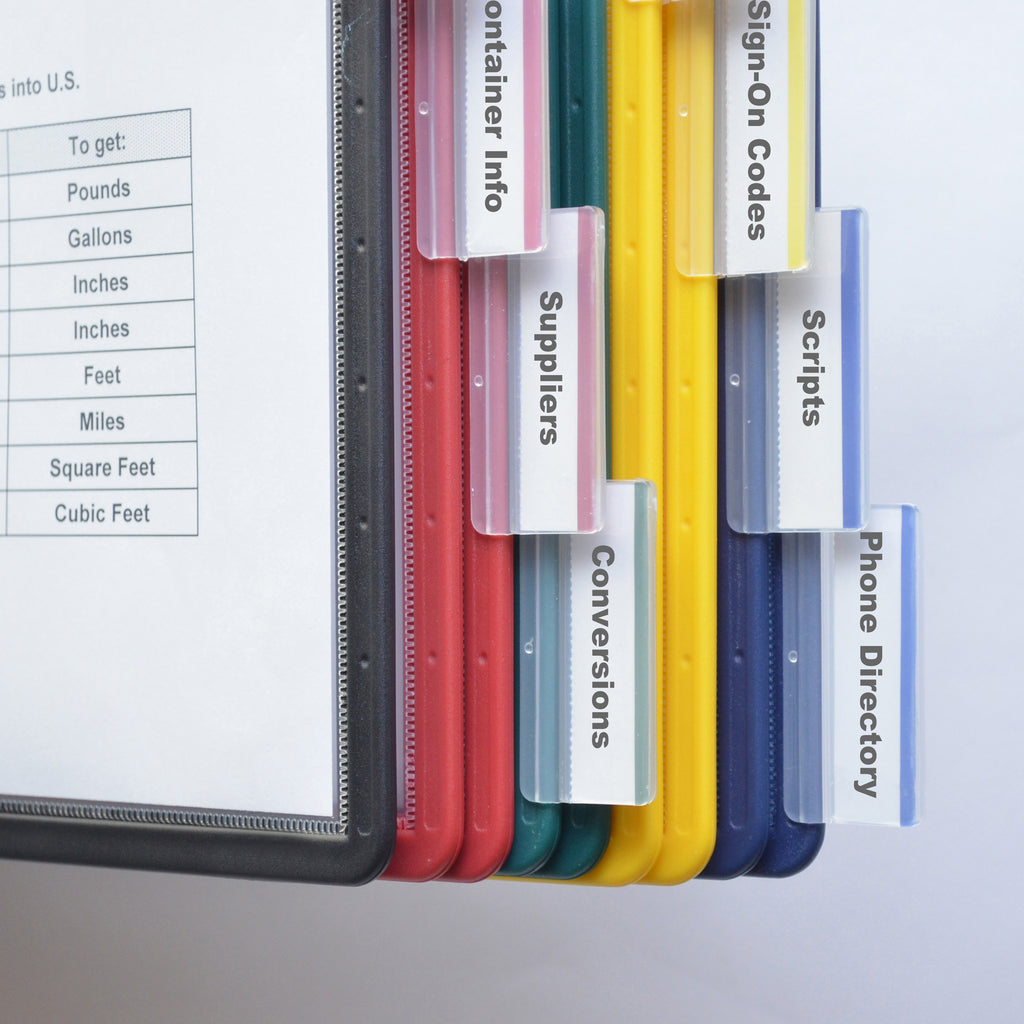

'This is the default scheme that is used if no prioritizers are selected.' OldestFlowFileFirstPrioritizer: Given two FlowFiles, the one that is oldest in the dataflow will be processed first.NewestFlowFileFirstPrioritizer: Given two FlowFiles, the one that is newest in the dataflow will be processed first.FirstInFirstOutPrioritizer: Given two FlowFiles, the one that reached the connection first will be processed first.If you are using default queue configs then the processor will send first the oldest flowfile in the data flow will be processed first.Īvailable NiFi queue prioritizers are as follows: ListFile is a stateful processor and creates a flowfile/s that represents the file/s based on the last modified time and default queue prioritizer is OldestFlowfileFirst prioritizer. List file processor with default configurations already does what you are expecting(lists/sends oldest file first) unless if you configured sucess queue with some kind of prioritizers. (Set OldestFlowFileFirst prioritizer on connection between ListFile and Wait processors) The notify would then trigger the Wait processor to release next FlowFile. This processor could release one FlowFile in o the rest of your dataflow (FetchFile.etc.) and finally the notify processor, once processing of the FlowFile was successful. Upon listing your Flowfiles, you would feed a wait processor. <- This allows you to enforce the processing of one FlowFile at a time in order. You will want to take a look at the following processors:ġ EnforceOrder <- This processor works well fo numerically order Flowfiles which timestamps are not going to provide.Ģ Wait and notify.

Keep in mind that any enforcement of order is going to affect throughput of your NiFi because of the overhead introduced in doing so. There are a few processors introduced that may be used to help in your dataflow design to achieve this goal. NiFi was designed for speed at its core with the intent of each processor to work on FlowFIles it recieved with out needing tio care about other FlowFiles in any other queues. FetchFile moves on to next FlowFile and retries the failed FlowFile if Failure is looped back and once penalty expires. FlowFile is penalized and routed to "failure" relationship. Some processor may fail to complete a task for one reason or another in normal operations (FetchFile retrieving content and network issue causes connection to drop. Concurrent tasks on processors allow for concurrent execution of a processor (each task works on its own FlowFile.) with some FlowFile being processed faster then others making them complete out of order. FlowFiles routed down different paths are processed with no consideration of FlowFiles processed down a different path. Some processors work on batches of Files while other works on one FlowFile a ta time. (So think of this as processed in order of written to disk.) In many cases this acts like oldestFlowFileFirst, but that can change if FlowFiles in a connection come from multiple sources flows.Įnforcing the order of FlowFile processing in NiFi can be challenging. This means Flowfiles are processed in a order that best makes use of disk performance to minimize disk seeks. By default the order in which Flowfiles are processed from a queue is performance based. The "OldestFlowFileFirstPrioritizer" while it may appear in many cases as the default behavior you see it is purely coincidental. There is no default prioritizer when none are selected.


 0 kommentar(er)
0 kommentar(er)
